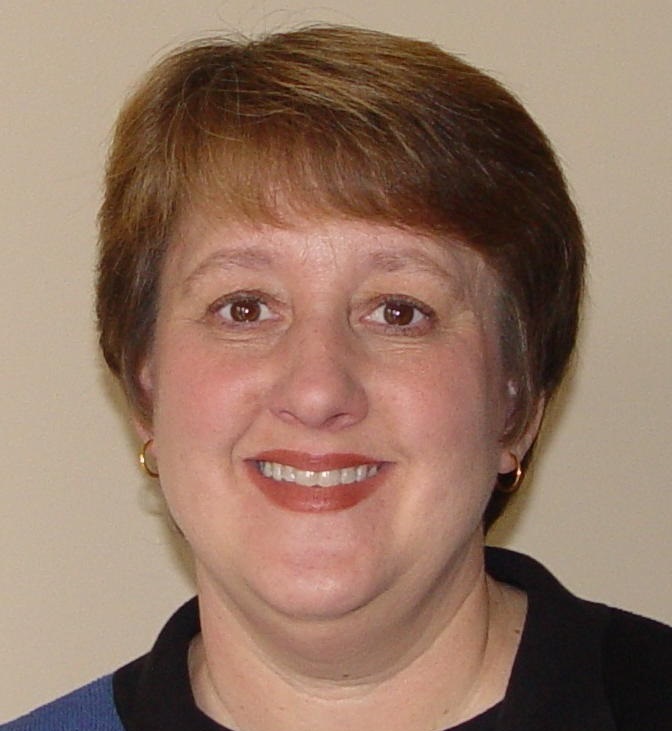By Bob Allen
A former Southern Baptist journalist turned American Baptist pastor is switching churches, and denominations, moving to the United Church of Christ.
 Kathryn Palen, pastor of Central Baptist Church in Jamestown, R.I., since January 2007, announced recently she accepted a call to serve as minister of discipleship at Plymouth United Church of Christ in Des Moines, Iowa. Her last day at Central Baptist will be Sept. 21.
Kathryn Palen, pastor of Central Baptist Church in Jamestown, R.I., since January 2007, announced recently she accepted a call to serve as minister of discipleship at Plymouth United Church of Christ in Des Moines, Iowa. Her last day at Central Baptist will be Sept. 21.
“While change brings with it uncertainty and sometimes fear or anxiety, it also offers new opportunities to discern who God is calling you to be as a community of faith,” Palen wrote in a letter to church members quoted by the Jamestown Press. “So please remember that you will not face this time of change alone. God indeed will travel each step of this journey with you.”
A native of Tulsa, Okla., Palen graduated with a B.A. in journalism from Oklahoma Baptist University in 1978. She worked as director of information services for the Baptist Joint Committee for Religious Liberty in Washington, D.C., where she perceived a call to pastoral ministry while serving on a pastor search committee at her church.
She attended Yale Divinity School, earning her M.Div. in 2002. Prior to moving to Rhode Island, Palen worked five years as director of consulting for the Alban Institute, a nonprofit publishing and consulting firm for mainline churches that closed shop after 40 years in March and transferred programs to Duke Divinity School.
In her Aug. 17 sermon, Palen said one thing she has loved about serving at Central Baptist is its openness. “Those within this community of faith have traveled here from almost 30 denominational paths,” she said. “We welcome everyone who wishes to join us in receiving God’s gift of communion. We’re not rigid about who may serve as a congregational leader or even vote on congregational issues.”
Entering into a time of transition, Palen encouraged the congregation to be even more intentional about diversity. “Diversity comes in all shapes and sizes,” she said. “Racial diversity, theological diversity, economic diversity, generational diversity, and the list goes on and on and on.”
